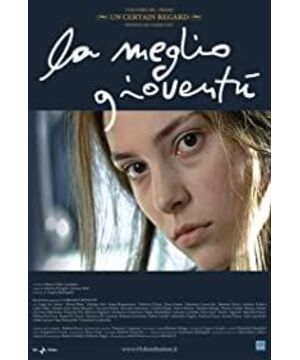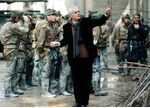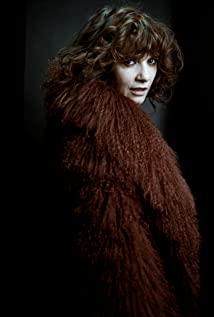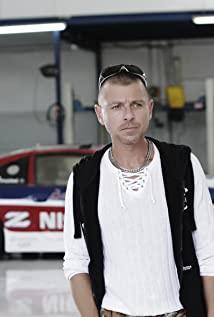From 1966 to 2003, from having sex, not fighting, the hippie movement, to the floods in Florence, to the red brigade, political storms, the mafia, almost post-World War II Italian history, six hours is even too fast.
When Zoe was staring at Madio in front of the jukebox, I believe she was in love with him. Years later, she was so stubborn when she asked Nikolai to find Meralee. Since she was taken away by the police, Madio cut his long hair and joined the army, while Nicola grew a beard and became a hippie.
In the end, in the face of a cruel life, Madio, who was always vulnerable and sensitive, chose to die, Zuozhen refused to grow up in a mental hospital, but Nicola kept blaming herself.
Madio calls himself Nikolai to Meralie, and I believe he is envious. Because he became Nicola, he was cheerful, sunny, and childish, and when he returned to Madio, he was impulsive, depressed and sad.
I almost changed my mind about suicide when I saw Madio resolutely tumbled from the balcony. All along, like most people, I always feel that if a person is not afraid of death, why would he not dare to grit his teeth and survive. In fact, like Madio, since he wants to live in such depression, he may not die of youth. At least he has had brilliant years and still has an ageless face.
No matter how they grow up, at least their youth is the same, brilliant and dazzling.
Huang Zhenzhen said "Youth is a sugar cube, sweet and fragile" in "The Backseat of the Sixth Floor", but I always felt that youth was the woman Cui Hu met in "Tiducheng Nanzhuang". I just feel that the peach blossoms on the faces of the people are red, and when I look back, only memories are left.
Maybe everyone should write a biography of their youth, and for this film, the soothing guitar sound by the Mediterranean Sea alone is worth several six hours.
View more about The Best of Youth reviews











